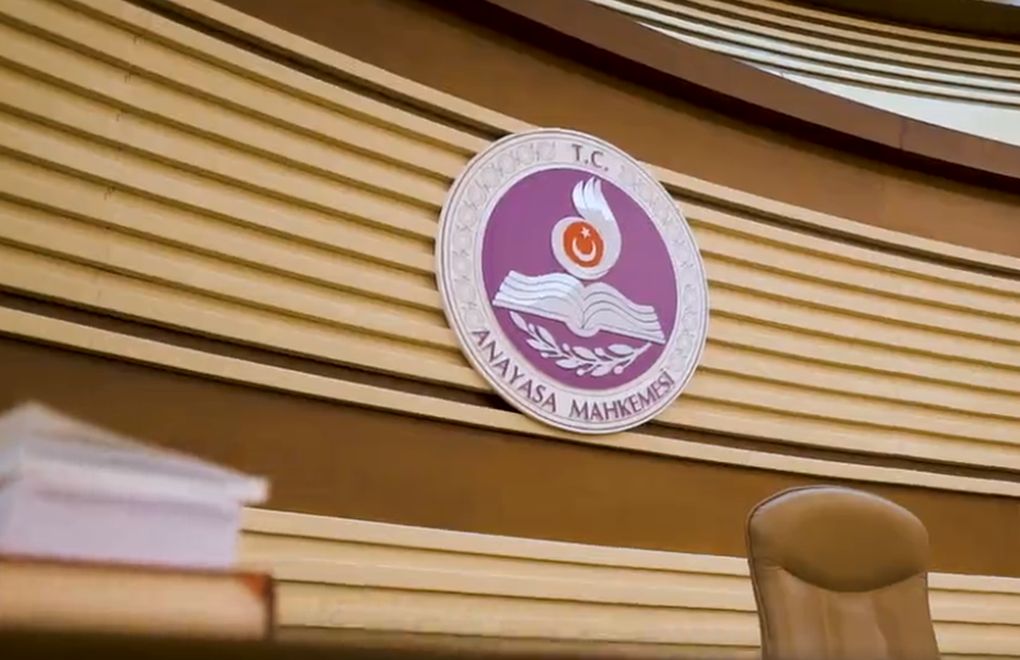Click to read the article in Turkish
The Constitutional Court (AYM) has ruled that the right to respect for family life was violated in an application related to the arrested couple not being able to communicate with each other.
AYM concluded in its ruling related to R.T., then arrested, not being able to see his/her partner and child that the right to respect for family life was violated and that 30 thousand lira of compensation should be paid to R.T. for spiritual damages.
Since the persons were released before the conclusion of the file, no other decision was announced for the elimination of the consequences of the violation.
What happened?
R.T. who was arrested at the time was in Tarsus no.3 T-type prison, and his wife and his child were in Tarsus women's prison which was on the same campus.
R.T. applied to the penal institution where he was kept and wanted to make contact and no-contact visits, and exchange telephone calls with his wife and child.
The administration of the institution rejected the demand stating that the arrested staying in the same penal institution could make visits, but those staying in different penal institutions on the same campus could not.
R.T. made an individual application to AYM on May 6, 2019, after the local court also ruled against his request.
The Constitutional Courton the other hand has, in its decision published today in the Official Gazette, drawn attention to the significance of family members being able to see each other and ruled to the contrary.
"It cannot be expected that people arrested and staying in penal institutions in different campuses or different cities make contact visits. However, family members staying in different penal institutions but on the same campus should be able to make contact visits as far as possible, with the necessary security measures to be taken and this should be regarded as part of the obligations that the right for respect to family life requires," states the supreme court in its ruling.
AYM also underlined that the arrested person was not able to see his child either, and could not use his right to telephone conversation either and concluded that the rights of the child were also overlooked.
The court ruled that "in this scope, the positive obligations of the public authority in the scope of the right to respect for family life were not fulfilled." (AS/PE)




